
- Home
- Trend
- Weight Loss Strategies
- Acne Tips
- Hair Health Information
- Blemish Removal Tips
- Acne Scar Removal Tips
- Muscle Building Techniques
- Intimate Care Tips
- Postpartum Intimate Care
- Eye Bags Wiki
- Tips for Face Slimming
- Secret of Permanent Hair Removal
- Breast Enlargement Tips
- Cure to Snoring
- Marionette Lines
- Skin-Tightening Secrets

免費體驗
S6 Body Sculpting Treatment
1 Minute Self-Registration
Date should not be before minimal date
As you set off on a journey to shed those extra pounds, you're likely considering a weight loss strategy that's both effective and sustainable. A 1-week, 1200 calorie daily meal plan for weight loss has gained popularity, and for good reason. By creating a calorie deficit, this approach can spark significant weight loss and improve overall health. But, you're probably wondering, is this healthy diet plan suitable for you, and what are the potential trade-offs? Let's explore the science behind this diet, its benefits, and drawbacks, to help you make an informed decision about whether this meal plan is the right fit for your weight loss goals.
1
What is the 1200 calorie diet?
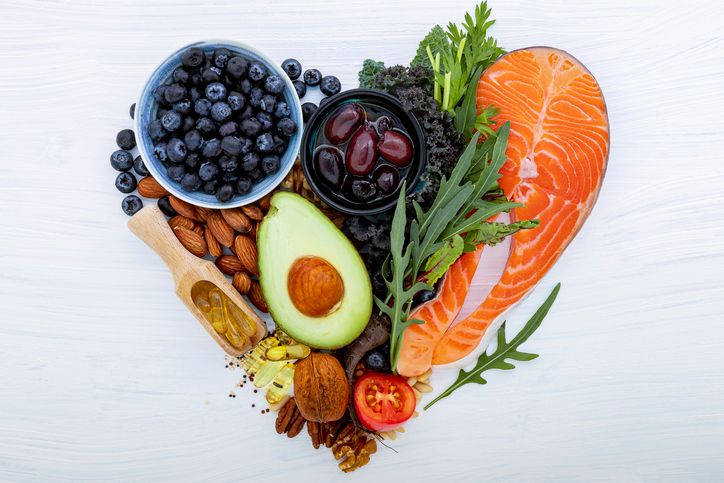

2
Pros of the 1200 Calorie Diet

Effective weight loss
Improved metabolic health
Simplicity and ease of meal planning
- Can You Embrace a Nutritious Lifestyle with Meal Replacement Bars?
- Weight Loss Tips: 6 Methods You Should Know When It Comes To Weight Loss
- Tackling Menopause Weight Gain: Strategies To Stay Fit And Healthy During the Transition
- Exploring Different Intermittent Fasting Schedules: Compare Benefits, Risks, and Finding Your Best Fit
3
Cons of the 1200 Calorie Diet
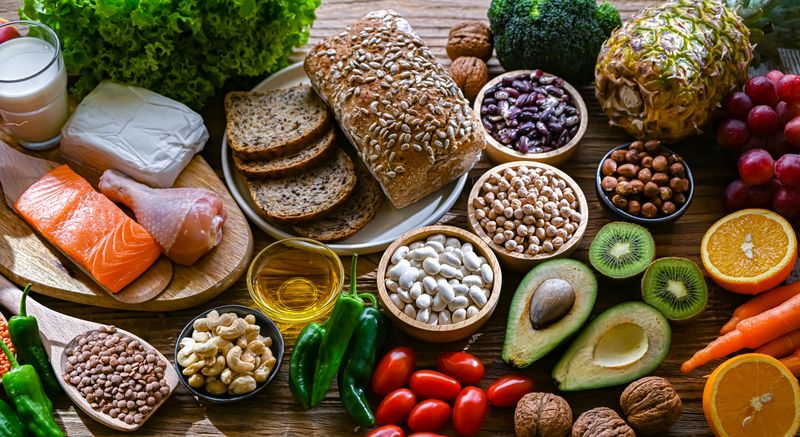
Potential nutritional deficiencies

4
How to Follow a 1200 Calorie Diet

1 Week 1200 Calorie Healthy Diet
Day 1
Day 2
Day 3
Day 4
Day 5
Day 6
Day 7
免費體驗
S6 Body Sculpting Treatment
1 Minute Self-Registration
Date should not be before minimal date
5
S6 Body Sculpting Treatment: Effective and Effortless Fat Reduction!
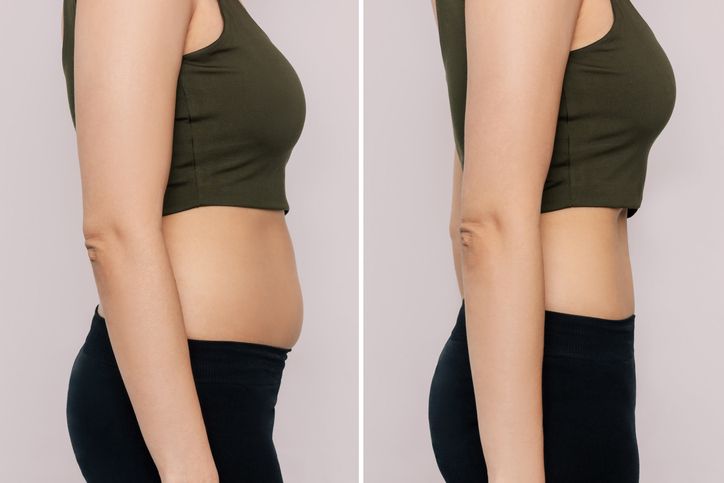

6
Foods to Eat: Recommended nutrient-dense and low-calorie food options
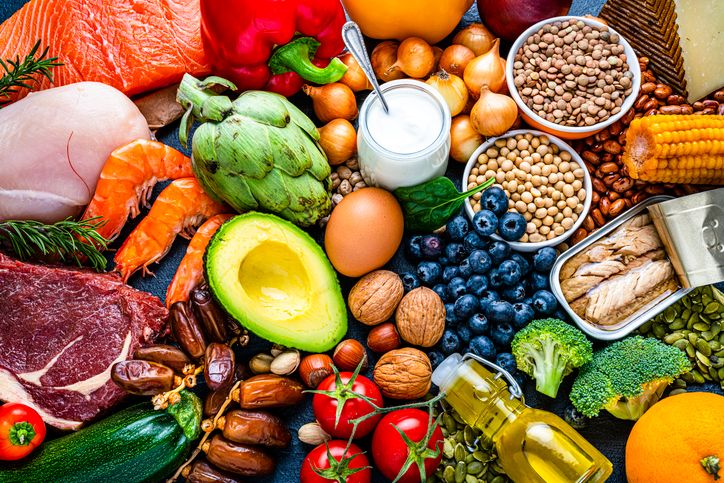
Vegetables: Nutritional values and benefits
Fruits: Nutritional values and benefits
Whole grains: Nutritional values and benefits
Lean protein: Nutritional values and benefits
Healthy fats: Nutritional values and benefits
Foods to Avoid: high in calories and low in nutrients
7
Practical advice for sticking to the diet


8
How to handle cravings and stay motivated
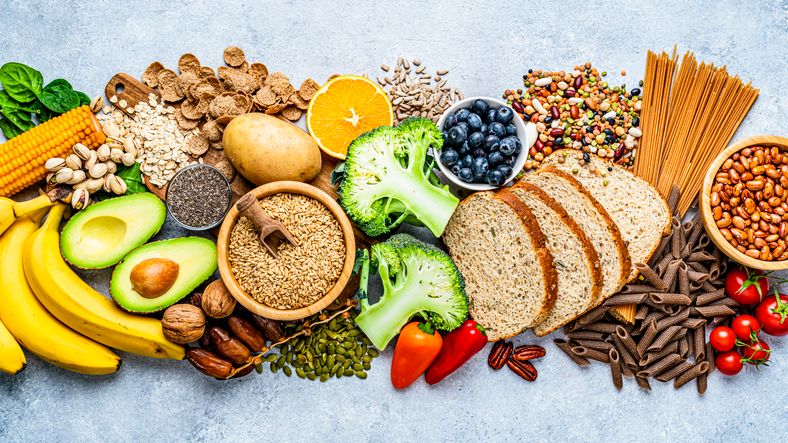
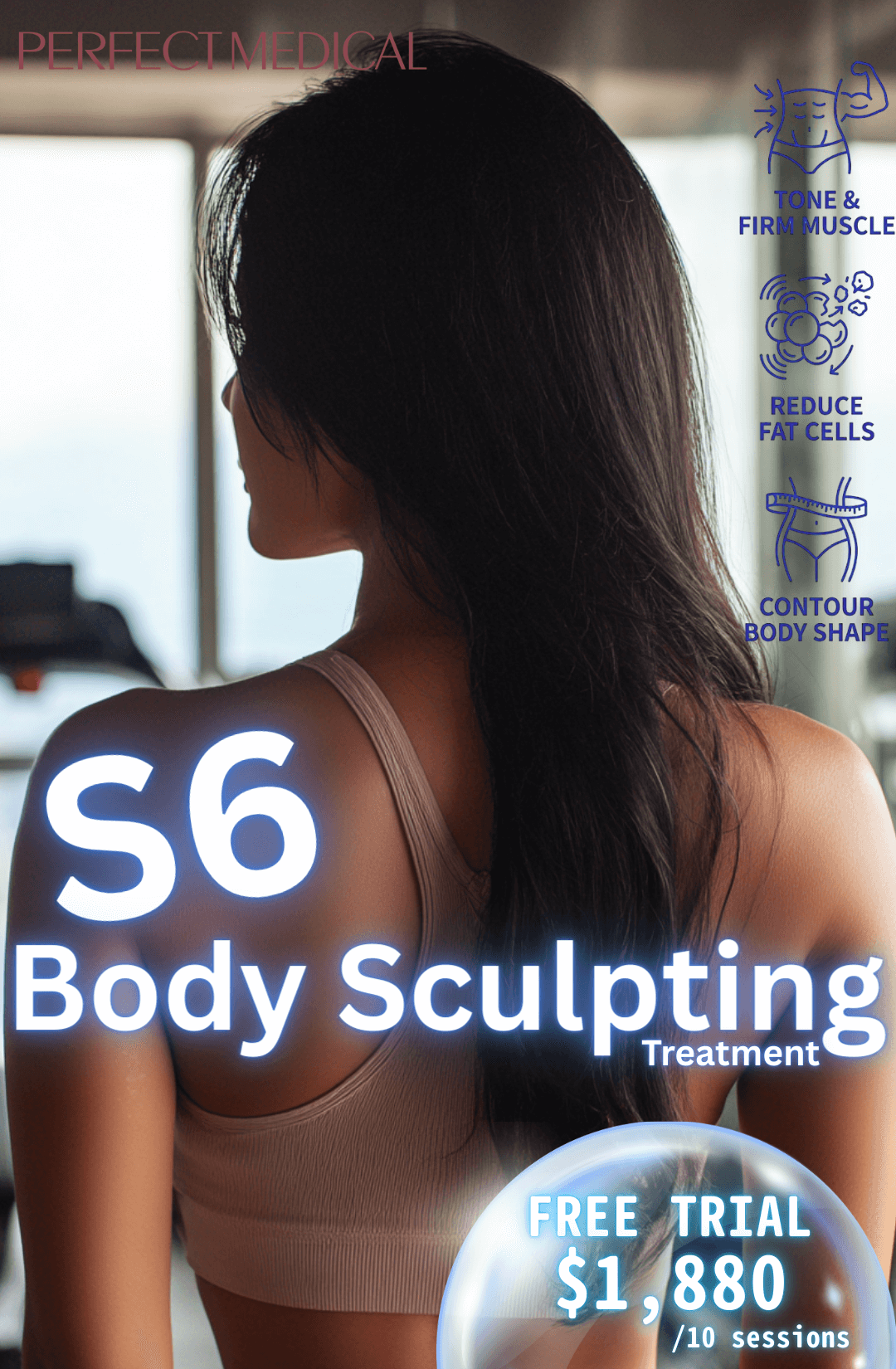
免費體驗
S6 Body Sculpting Treatment
1 Minute Self-Registration
Date should not be before minimal date
FAQ

Can a whole day meal plan help with weight loss?
Yes, a whole day meal plan can support weight loss by ensuring calorie control, balanced nutrition, and preventing overeating through planned meals and snacks.
Is it necessary to snack between meals?
Snacking can help maintain energy levels and prevent overeating at meals. Choose healthy snacks like fruits, vegetables, nuts, or yogurt to add nutrients without excessive calories.
How do I handle cravings while on a whole day meal plan?
To handle cravings, identify triggers and choose healthier alternatives. Staying hydrated, eating balanced meals, and incorporating occasional treats can also help manage cravings.
Can I customize a whole day meal plan to fit dietary restrictions?
Yes, meal plans can be customized for dietary restrictions like gluten-free, dairy-free, vegetarian, or vegan diets. Focus on alternative sources of essential nutrients.
How do I stay motivated to follow a whole day meal plan?
Stay motivated by setting realistic goals, tracking progress, seeking support from friends or online communities, and celebrating small successes. Regularly updating the plan to include favorite healthy foods can also help.








